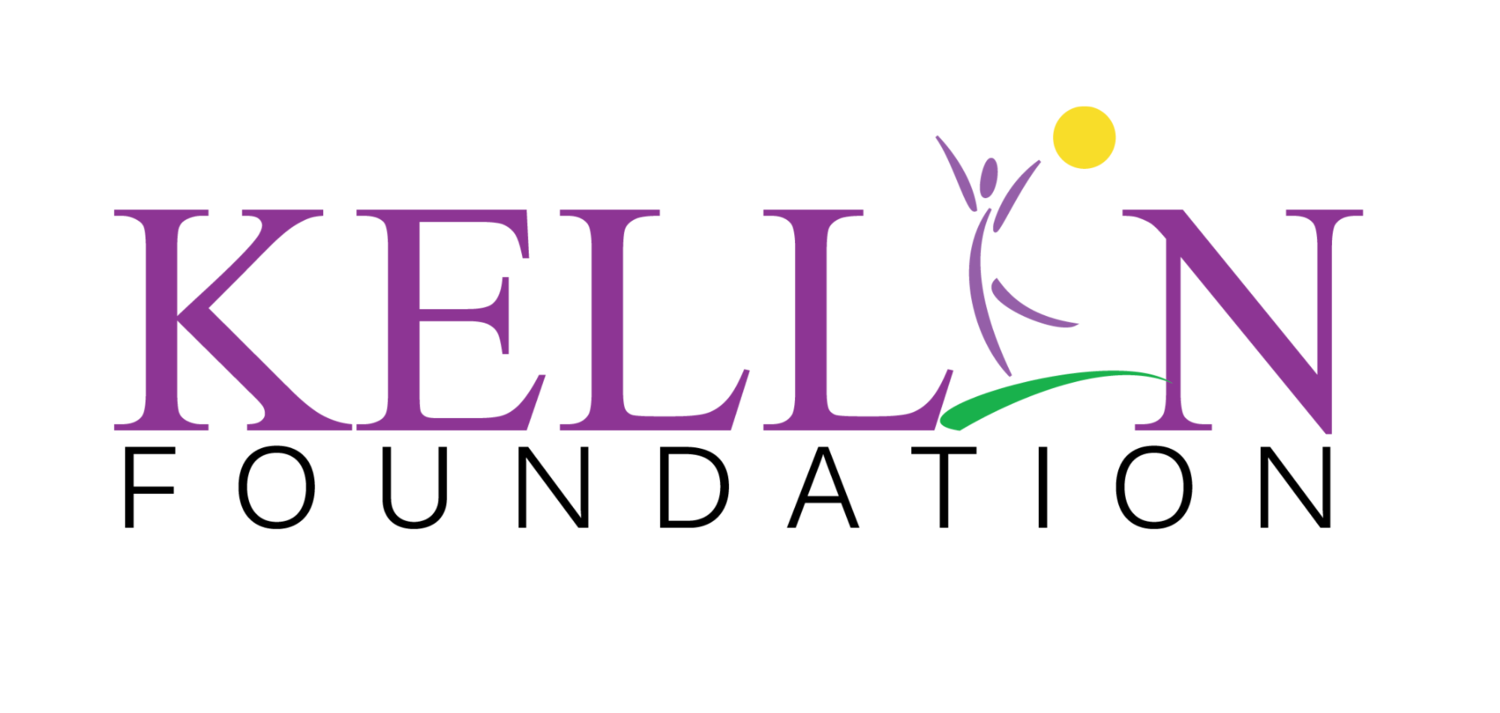Parents Under Pressure: The Surgeon General’s Call to Action for Our Families
Parenting has always been a demanding role, but in today’s world, the pressures have escalated to unprecedented levels. Families across the country are feeling the strain. The U.S. Surgeon General’s recent advisory, Parents Under Pressure: The U.S. Surgeon General Advisory on the Mental Health and Well-Being of Parents, captures this reality with urgency, calling for immediate and collective action.
At the Kellin Foundation, we see these pressures firsthand. Every day, we witness the resilience of parents who are doing their best to overcome obstacles and create stable, nurturing environments for their children. But the reality is stark: parents are more stressed than ever before. According to the Surgeon General’s advisory, 33% of parents reported high levels of stress in the past month, compared to 20% of other adults. This isn’t a fleeting issue—41% of parents say they are so stressed most days that they cannot function, and 48% report their stress is completely overwhelming.
The impact of this stress is significant. Recent data from 2021-2022 reveal that among the 63 million parents with children under the age of 18, 23.9% (or 20.3 million) had mental illness, while 5.7% (or 4.8 million) had a serious mental illness. These mental health conditions don’t just affect the parents; they ripple through the family. Children of parents with mental health conditions face heightened risks, including earlier onset and recurrent symptoms of depression and anxiety, and prolonged functional impairment. One study found that children of a primary caregiver with poor mental health were four times more likely to have poor general health and twice as likely to develop mental, behavioral, or developmental disorders. These children are also more prone to cognitive, academic, and interpersonal struggles.
What’s causing this mental health crisis? The advisory identifies several key stressors contributing to the overwhelming burden on parents today:
Financial Strain and Economic Instability: Financial worries are a constant source of stress, with 66% of parents consumed by concerns about money. Rising costs of child care, health care, and basic needs like food and housing only add to the pressure.
Time Demands: Parents are working longer hours—mothers average 26.7 hours per week in paid work, a 28% increase since 1985, while fathers work an average of 41.2 hours. Despite these demands, parents are also spending more time on primary child care, leading to increased work-family conflict and burnout.
Children’s Health and Safety: The health challenges of children, including mental health struggles, are a significant source of stress. Nearly three in four parents worry about their child developing anxiety or depression. Additionally, concerns about children’s safety, such as the fear of school shootings, weigh heavily on parents’ minds.
Parental Isolation and Loneliness: Social isolation is another pervasive issue, with 65% of parents and guardians reporting loneliness, and single parents feeling particularly isolated at a rate of 77%. The lack of social support exacerbates the stress of parenting.
Technology and Social Media: Nearly 70% of parents believe that parenting is now more difficult than it was 20 years ago, largely due to the challenges of managing children’s use of technology and social media. Parents worry about the potential for social media to contribute to anxiety, depression, and exposure to harmful content.
Cultural Pressures and Expectations: Modern parenting often involves unrealistic cultural expectations, with societal norms pressuring parents to meet perceived standards of success. This intensifying culture of comparison, often fueled by social media, leaves many families feeling exhausted and perpetually behind.
One of the most troubling aspects highlighted in the advisory is the impact of Adverse Childhood Experiences (ACEs). ACEs include potentially traumatic events like living with a parent who has a mental health condition or substance misuse, experiencing violence, or witnessing domestic abuse. These experiences can have a profound impact on a child’s development, leading to long-term mental, physical, and behavioral health challenges. Children who experience ACEs are at greater risk for depression, anxiety, chronic diseases, and behavioral problems. The cumulative effect of multiple ACEs can further compound these risks, making early intervention and support critical for breaking the cycle and promoting healthier outcomes.
At the Kellin Foundation, our mission aligns closely with the Surgeon General’s call to action. We offer comprehensive mental health services tailored for parents and caregivers, understanding that strong mental health is foundational to effective parenting. Our counseling services and support groups are designed to help parents manage these stressors, reducing the risk of mental health conditions and fostering healthier family dynamics.
We also recognize that mental health is deeply intertwined with basic needs. That’s why Kellin Foundation’s wraparound services are designed to connect our clients with resources for housing, food, job assistance, emergency bill pay, and more. We know that alleviating these stressors can make a significant difference in a parent’s ability to care for their family and maintain their own well-being.
The advisory emphasizes the critical need to ensure that parents and caregivers have access to comprehensive, affordable mental health care. It calls for stronger insurance coverage, expanded mental health services in community settings, and the removal of financial barriers that prevent many parents from getting the help they need. Kellin Foundation is committed to making these essential services available to our community, recognizing that when parents are supported in their mental health, they are better equipped to care for their children, leading to healthier, more resilient families.
The Surgeon General’s advisory is a call to action—a reminder that the well-being of parents and caregivers is a shared responsibility. The statistics and findings are clear: we must act now to support our families. We encourage you to read the full advisory here and to join us in supporting the parents in our community. At the Kellin Foundation, we stand ready to partner with you, offering the support and resources needed to build stronger, healthier families.

